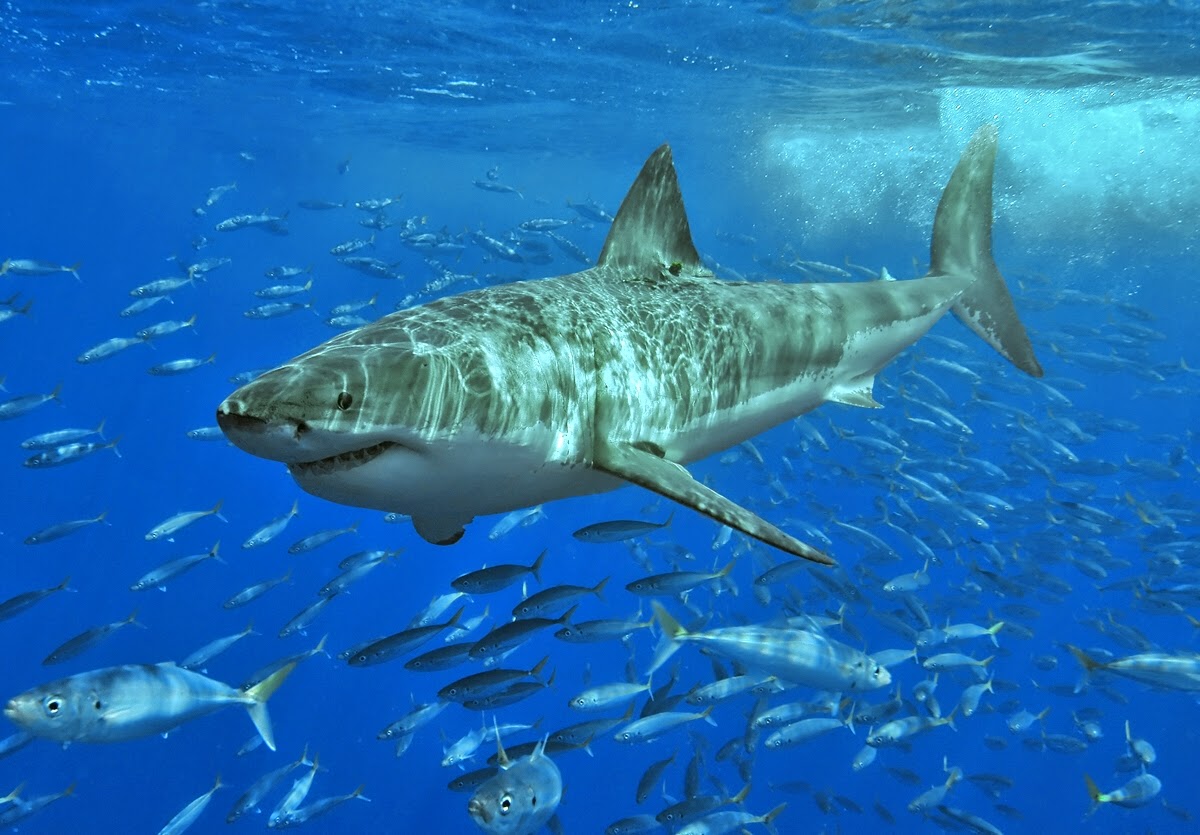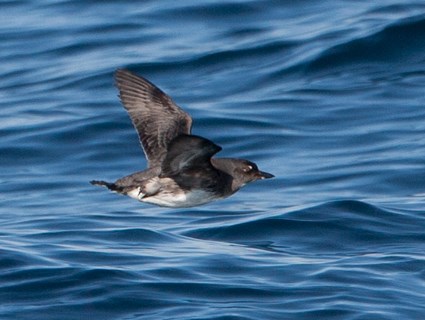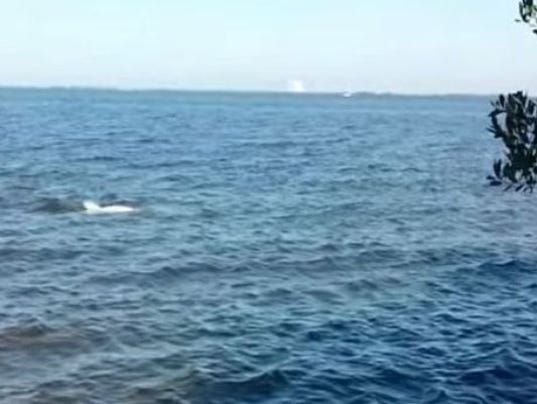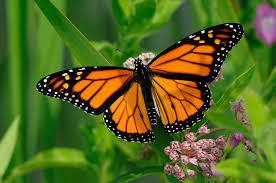1. Putting the Truth Back in Shark Week
 This week, the President of Discovery Channel, Rick Ross, realigned the mission and direction of the channel. Ross has recommitted the channel to broadcasts that are fact-based, educational, as well as entertaining. Ideally, Ross would like to show documentaries that provoke passion and action in viewers. Sea Save will be waiting on the edge of our seats to see how these new goals impact the 2015 Shark Week episodes! Read more…
This week, the President of Discovery Channel, Rick Ross, realigned the mission and direction of the channel. Ross has recommitted the channel to broadcasts that are fact-based, educational, as well as entertaining. Ideally, Ross would like to show documentaries that provoke passion and action in viewers. Sea Save will be waiting on the edge of our seats to see how these new goals impact the 2015 Shark Week episodes! Read more…
Many animals have been impacted by climate change, one of which is the polar-bear. After some recent genetic analysis, it seems as though there has been some gene flow among the species of polar-bears. This gene flow may be a result of the population groups moving into new, more suitable territories. Read more…
One of the most unique and well known butterflies is the monarch. Every year the monarch butterfly makes a migration from Canada, through the United States, and down to Mexico. Now there are a number of factors challenging the livelihood of these species. This year the US Fish and Wildlife Services will consider adding the monarch on the endangered species list. Read more…
On Monday, California’s Governor Jerry Brown gave his inaugural speech that outlined his 15-year timeline to make improvements on climate change. Brown’s plan includes changes in renewable energy, automotive fuel, and increasing energy efficiency of building in California. The action of this one state may pave the way for additional action around the world. Read more…
5. Penguins are Getting High Tech!
The penguins at the Aquarium of the Pacific in Long Beach have taken up a new hobby, playing iPad games! Two of the Magellanic penguins have started playing ‘Game for Cats’ where they peck at the screen to try to catch the electronic stray mouse. The penguins’ new found love for the game may have some potential for future enrichment but for now, they will just focus on achieving their high scores. Read more…
 The OpenWorm project has created software to mimic the brain of the Caenorhabditis elegans roundworm. The program has been loaded onto a robot with sensors and motors to prompt ‘neuron’ simulation and physical reactions. Although this project is working with a simple organism, this neurorobotic technology could have various applications in the future. See a video of the robot in action here…
The OpenWorm project has created software to mimic the brain of the Caenorhabditis elegans roundworm. The program has been loaded onto a robot with sensors and motors to prompt ‘neuron’ simulation and physical reactions. Although this project is working with a simple organism, this neurorobotic technology could have various applications in the future. See a video of the robot in action here…
Since the start of fall, more than 1,200 Cassin’s auklets have been found dead on the Pacific Coast shoreline. Both the high volume of deaths and the consistency of species, is a clear indication that something is abnormal. The Oregon Department of Fish and Wildlife reports that the birds are not finding an adequate amount of food. There are a number of hypotheses as to the reasons why this is occurring. Read more…
8. Shell Agrees $84M Deal Over Niger Delta Oil Spill

Every year there are hundreds of oil spills in Nigeria. Recently, there were two spills that came from the Trans Niger Pipeline which transports oil from the fields to the coast. The spills resulted in contaminated drinking water, created instability to the river ecosystem, and left many locals without fish which was both a source of food and money. Shell will be compensating 15,600 Nigerian fishermen with $3,300 each. Read more…
9. 200-Year-Old Whale May Hold Clues to Long Life

The bowhead whale is the longest living mammal on earth and can live for up to 200 years. Scientists at the University of Liverpool are now reviewing the gene sequence of this species to determine if there is a particular gene which postpones aging. The genetic makeup of this large mammal is complex but, the analysis could provide some indication of how the bowheads stay protected from diseases for so many years. Read more…

Last month, the Florida Fish and Wildlife Conservation Commission captured video of an albino bottlenose dolphin. This was only the 15th sighting of this animal that has been recorded. This misplaced dolphin was likely looking for fish in the shallow coast water. Interested in watching the video? Click here…
11. The Overriding Lesson from Tuna Fishing: Never Fish to Excess
Accommodating the world’s desire to consume seafood and maintaining the fish population is not an easy feat. Historically, the bluefin tuna has been a challenging fish population to maintain. Last year the International Commission for the Conservation of Atlantic Tunas was finally able to increase the fishing quote after years of managing the dwindling population. This year, the Pacific bluefin tuna will be regulated and added to the International Union for Conservation of Nature Red List. How do we begin to create this balance between ecosystem preservation and human consumption? Read more…








